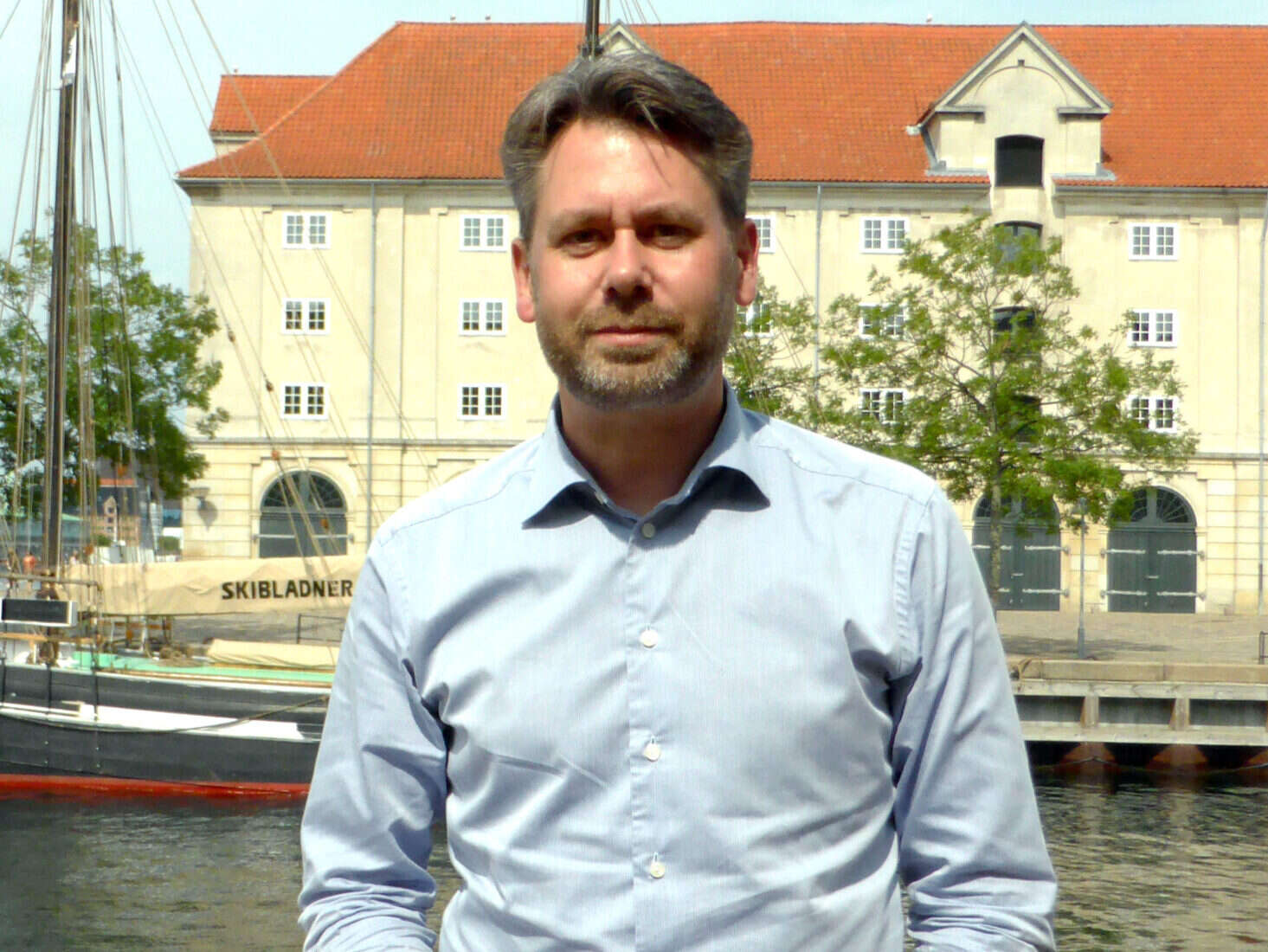
Microsoft has agreed to work with publishers in Europe as they today called for Australian-style tech regulation.
Four press publishing coalitions in Europe have teamed up with the tech company to call for an arbitration mechanism, inspired by Australia’s proposed legislation, that would force platforms covered by the EU Copyright Directive to share revenue fairly with publishers.
They want to mimic Australian plans for an arbitration panel that would establish a fair price based on an assessment of the benefits to both sides of having publishers’ content on the likes of Google and Facebook plus the cost of producing the content and any burden on the platforms.
“Otherwise, even though press publishers have a neighbouring right, they might not have the economic strength to negotiate fair and balanced agreements with these gatekeeper tech companies, who might otherwise threaten to walk away from negotiations or exit markets entirely,” the groups said.
The European Publishers Council, News Media Europe, European Newspaper Publishers’ Association and European Magazine Media Association said they will work with Microsoft to find proposals to create a “healthy and diverse online news media ecosystem”.
[Read more: ‘Regulation is coming’ – UK publishers respond to Google’s ‘hollow threat’ to leave Australia]
Earlier this month Microsoft responded to Google’s threat to pull its search engine from Australia if the legislation goes ahead by pledging to keep its own search engine Bing in the country and share revenue with publishers as required.
Microsoft vice president Casper Klynge (pictured) said: “Access to fresh, broad and deep press coverage is critical to the success of our democracies.
“Our commitment to preserving and promoting journalism isn’t new. In October 2020, we launched a new initiative to invest in and support local media and, through Microsoft News, we have been sharing a large portion of revenue with press publishers. This initiative is a logical next step.”
The lobbying groups want more regulatory measures under the EU’s proposed Digital Services Act or Digital Markets Act. The DSA is aimed at making the online ecosystem a “safe, reliable, secure space” while the DMA would keep gatekeepers in line, including by forcing them to provide information about the price of ads and the remuneration paid to publishers.
The first national legislation under the EU Copyright Directive, which comes into effect across the EU in June, saw Google refuse to pay for news on its search engine in France.
Fernando de Yarza, president of News Media Europe, said: “The experiences in France and Australia have shown us that there’s a real need for a binding instrument to address inherent imbalances in bargaining power with gatekeepers, which undermine the potential of Europe’s press sector.
“We look forward to working with Microsoft and others on a solution that allows for a healthy and diverse online news media ecosystem.”
EMMA president Xavier Bouckaert called for the Digital Markets Act, or other binding regulation, to include a “specific obligation for the gatekeepers to grant all legal publications and offerings non-discriminatory access and fair terms and conditions to their services”.
“This must include an obligation for market dominant platforms to enter into negotiations with all rightsholders of the publishers’ right and offer fair payment for their content,” he added.
In Australia Google is currently making deals with a number of publishers, including News Corp and the Guardian. News Corp said its deal includes “the development of a subscription platform, the sharing of ad revenue via Google’s ad technology services, the cultivation of audio journalism and meaningful investments in innovative video journalism by Youtube”.
Meanwhile Facebook abruptly removed all news from its platform in Australia but is making deals for its News tab elsewhere around the world, including in the UK.
[Press Gazette view: Facebook’s abrupt, crude and petulant ban on news in Australia is a short-sighted own goal]
But Christian Van Thillo, chairman of the European Publishers Council, warned that regulators should not “get misled into thinking that side deals on the basis of a stand-alone product are the same thing, because they are not at all and undermine the neighbouring rights that we have been granted”.
“All publishers should get an agreement – no one should be left out,” he said.
The Washington Post shared similar concerns in an op-ed for smaller publishers in Australia who “don’t qualify under the law to extract payment from platforms, and whose output may end up subordinate to the already powerful players who can do just that”.
Prime Minister Boris Johnson’s spokesperson pointed on Monday to the UK’s plans to set up a unit within the Competition and Markets Authority “to promote competition in digital markets and ensure major tech companies cannot exploit a dominant market position”.
“As part of the plans we will introduce a new statutory code of conduct that will support the sustainability of the news publishing industry and try and help rebalance the relationship between publishers and online platforms,” he said when asked about following in Australia’s footsteps, according to the Guardian.
Picture: Reuters/Stine Jacobsen
Email pged@pressgazette.co.uk to point out mistakes, provide story tips or send in a letter for publication on our "Letters Page" blog
